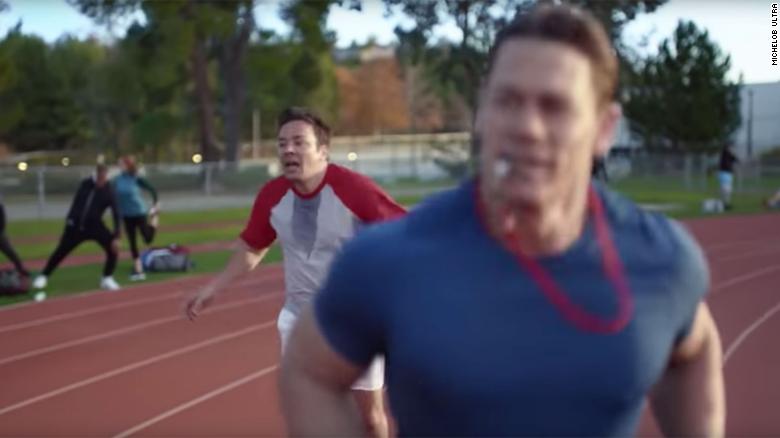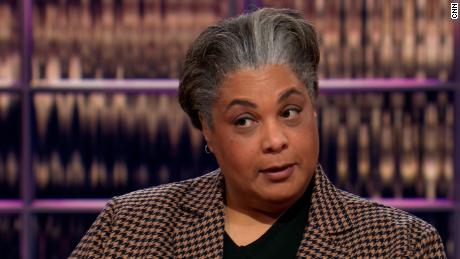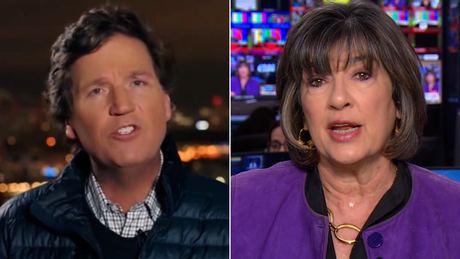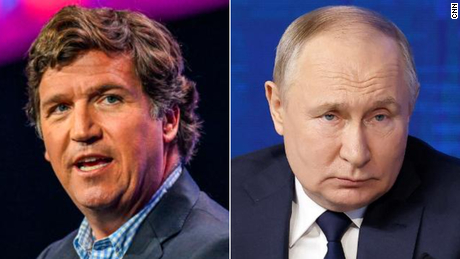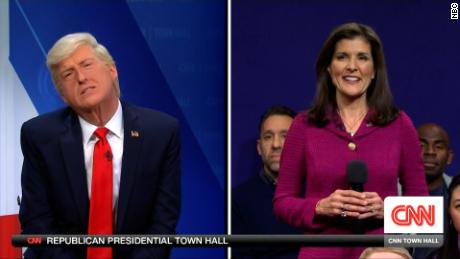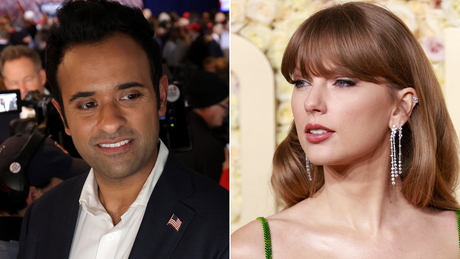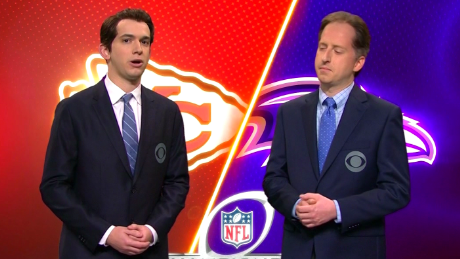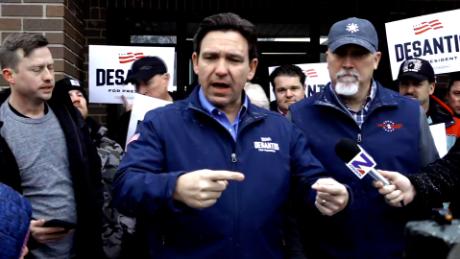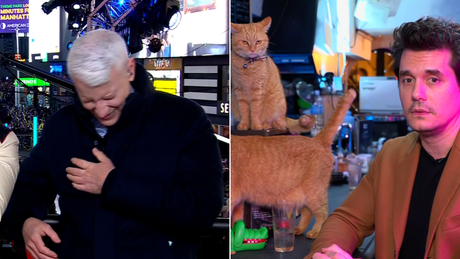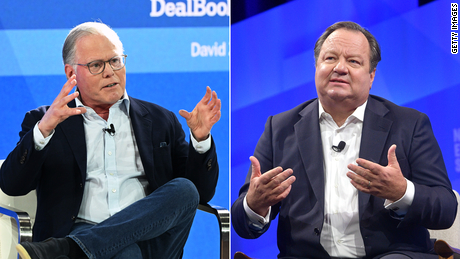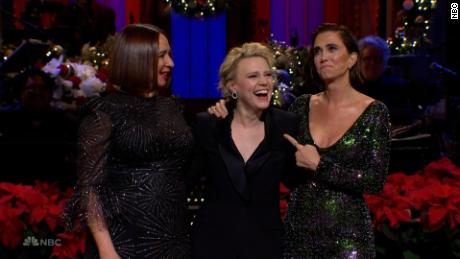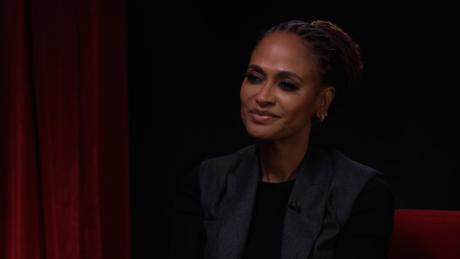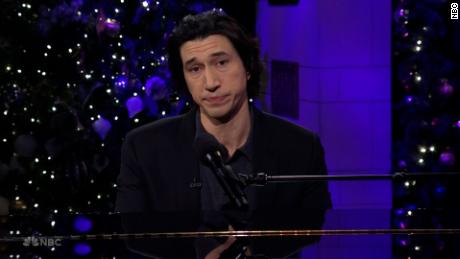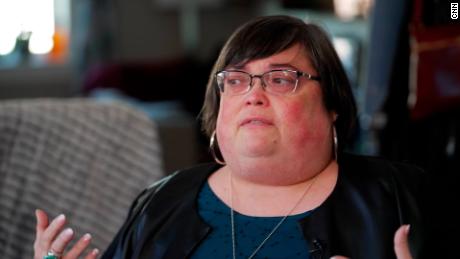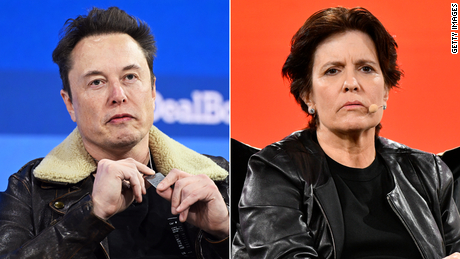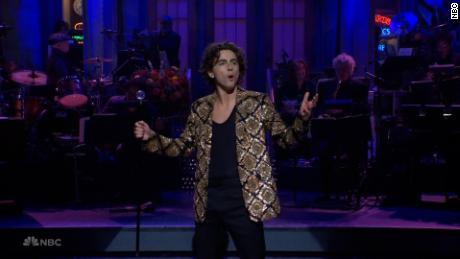Los Angeles (CNN Business)The Super Bowl is the advertising industry's biggest stage. It's the one day when watching the commercials is every bit as central to the experience as what happens during the actual game.
Some advertisers rise to the occasion, while others fumble.
Over the years, there have been memorable spots -- the kind that make it into those now-annual TV specials -- like Apple's arresting "1984" ad, Wendy's' oft-quoted "Where's the beef?" commercial, Budweiser's Clydesdales campaign, and Volkswagen's kid in the Darth Vader costume.
On the flip side, being center stage has its downside -- like Nationwide's misguided 2015 ad that turned out to be narrated by a dead child, or the Ram Trucks spot that used a Martin Luther King Jr. sermon as a voiceover in a way that was instantly labeled crass.
Because of the variety of sponsors and approaches, there's no one way to make a Super Bowl ad worthy of the platform, and not all the spots are intended for every consumer. While most blue-chip advertisers shun controversy, smaller ones sometimes lean into it -- see GoDaddy for one example -- as a means of getter a bigger bang for their marketing bucks.
Marketing experts and academics have been clogging journalists' inboxes for weeks, offering their perspectives on what makes Super Bowl ads pop. To add one more voice to that chorus, consider this a rough list of the do's -- and mostly don'ts -- to avoid missteps, and perhaps even earn a place in "memorable commercial" immortality.
Don't forget to sell the product.
This might sound obvious, but it's too often forgotten by advertisers (and commercial directors) blessed with unfettered budgets. They get so enamored with beautiful shots and creating an image that they forget to tell consumers why they might want or need the product. Keanu Reeves, for example, starred in a spot for Squarespace that was kind of neat, without explaining to anybody what exactly Squarespace does.
Use celebrities wisely.
It's fun to see familiar faces pop up during the game, but it helps enormously if they're not a non-sequitur. Ideally the celeb (or one of their projects) can be logically connected to the product or the theme of the ad. Otherwise, it just looks like the advertiser simply enlisted the first person to say "Yes" to a big pile of cash. Just looking at this year's lineup, Sam Elliott is a perfect fit for a western-themed Doritos spot. Wesley Snipes for Planters? Not so much.
Feel as big as the stage.
Super Bowl ads are known for two things: How much it costs to buy them -- a 30-second spot goes for as much as $5.6 million this year, according to Variety -- and the fact that they will reach the year's biggest TV audience. So producing a spot that just feels like any old commercial fails to maximize that showcase. T-mobile, for example, ran a series of spots last year offering free giveaways, which didn't rise to the occasion creatively.
Familiar points of reference help
With only 30 or even 60 seconds to get the message across, commercials have to do a lot of business in a short amount of time. So tethering the spot to something else in pop culture (see Bud Light's "Game of Thrones"-themed ad last year) or the world at large is especially useful in creating an ad that will linger beyond the game's final whistle.
Don't get too cute.
Ad agencies can easily outsmart themselves with their desire to create something that's going to garner attention. Being overly coy or obscure might play well in a Madison Avenue conference room, but it's not necessarily the way to make people remember your commercial. Think the GM commercial where an assembly-line robot contemplates suicide, which many saw as more depressing than amusing.
Take care in being too emotionally manipulative -- or depressing.
Patriotism and emotion work well in this setting -- an approach that Budweiser (BUDFF) in particular has mastered -- but there's also a danger of putting people off by overreaching, or worse, depressing them.
The aforementioned Martin Luther King Jr. Ram ad is a good example. Issues and causes can bring resonance to Super Bowl commercials, but there's a fine line between touching an emotional nerve and coming across as exploitative, since it's generally understood that the point of the flowery words and images are, ultimately, in the service of making the audience feel good about the sponsor and its product.
Don't be crude.
One needn't be a prude to note that reaching 100 million viewers carries with it certain responsibilities, starting with the fact that there are going to be a lot of people seeing your ad who might not under normal circumstances.
Big sight gags are fine, but if there's the slightest doubt that something pushes too far in an effort to get noticed, err on the side of caution. It's highly subjective, obviously, but Budweiser's spot featuring a flatulent horse comes to mind.
And some products, frankly, just don't work in this venue, as Jublia discovered in 2015, when it served viewers an ad for a toenail-fungus treatment along with their chips and salsa.
Super Bowl LIV kicks off Feb. 2 at 6:30 p.m. ET on Fox.
